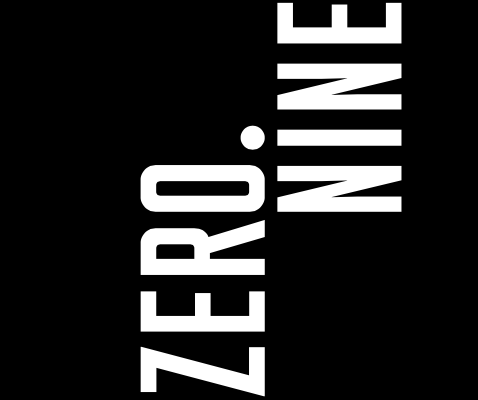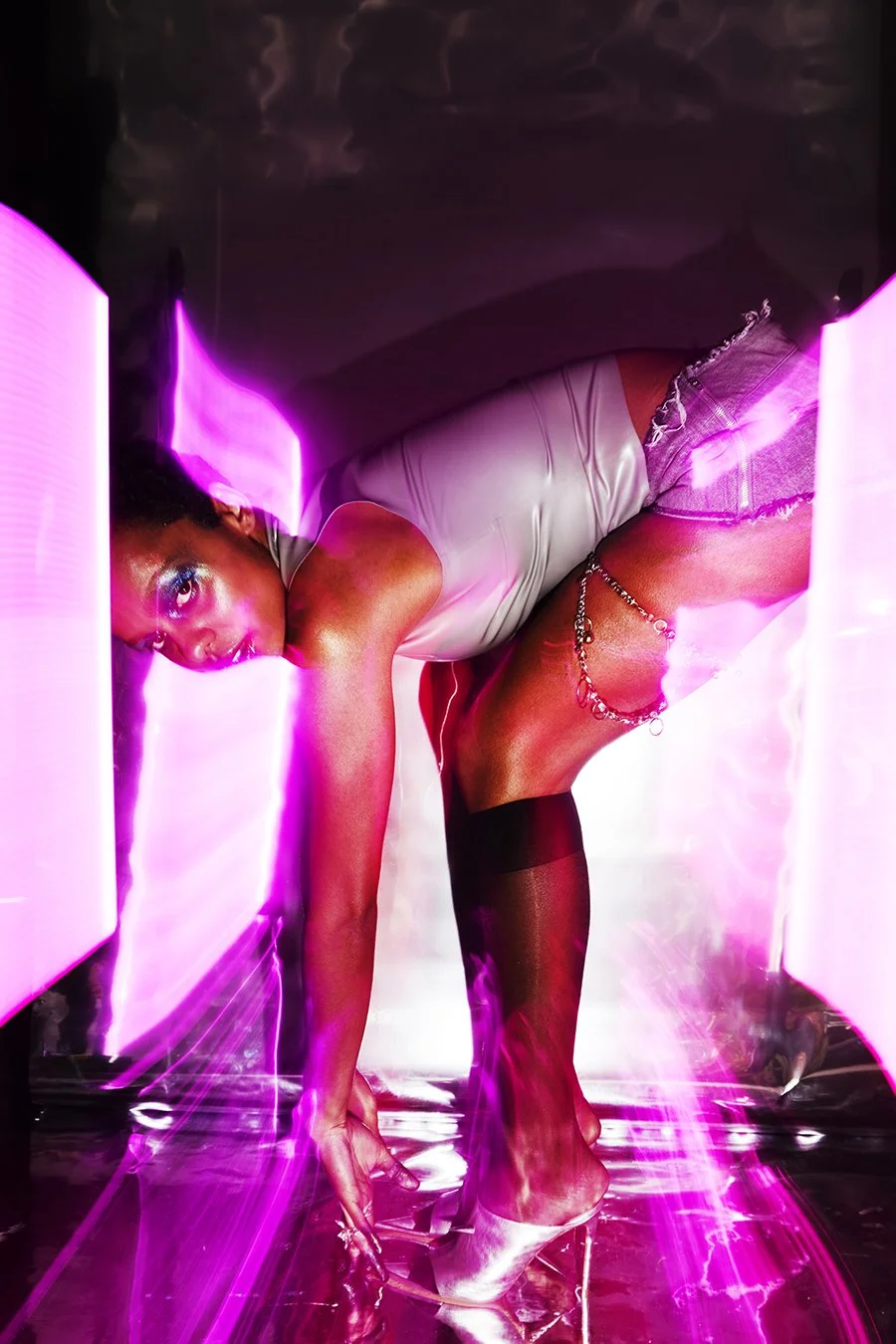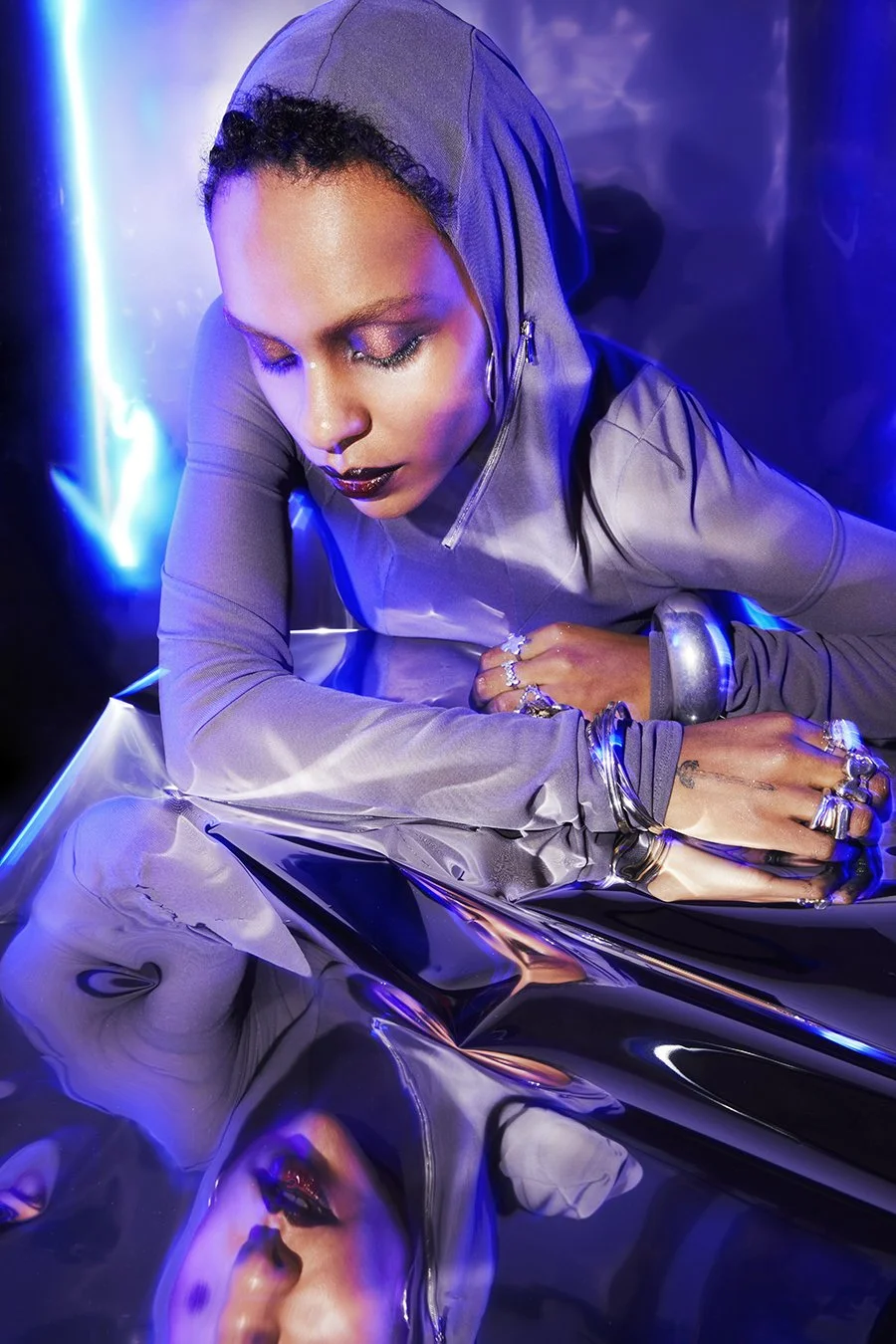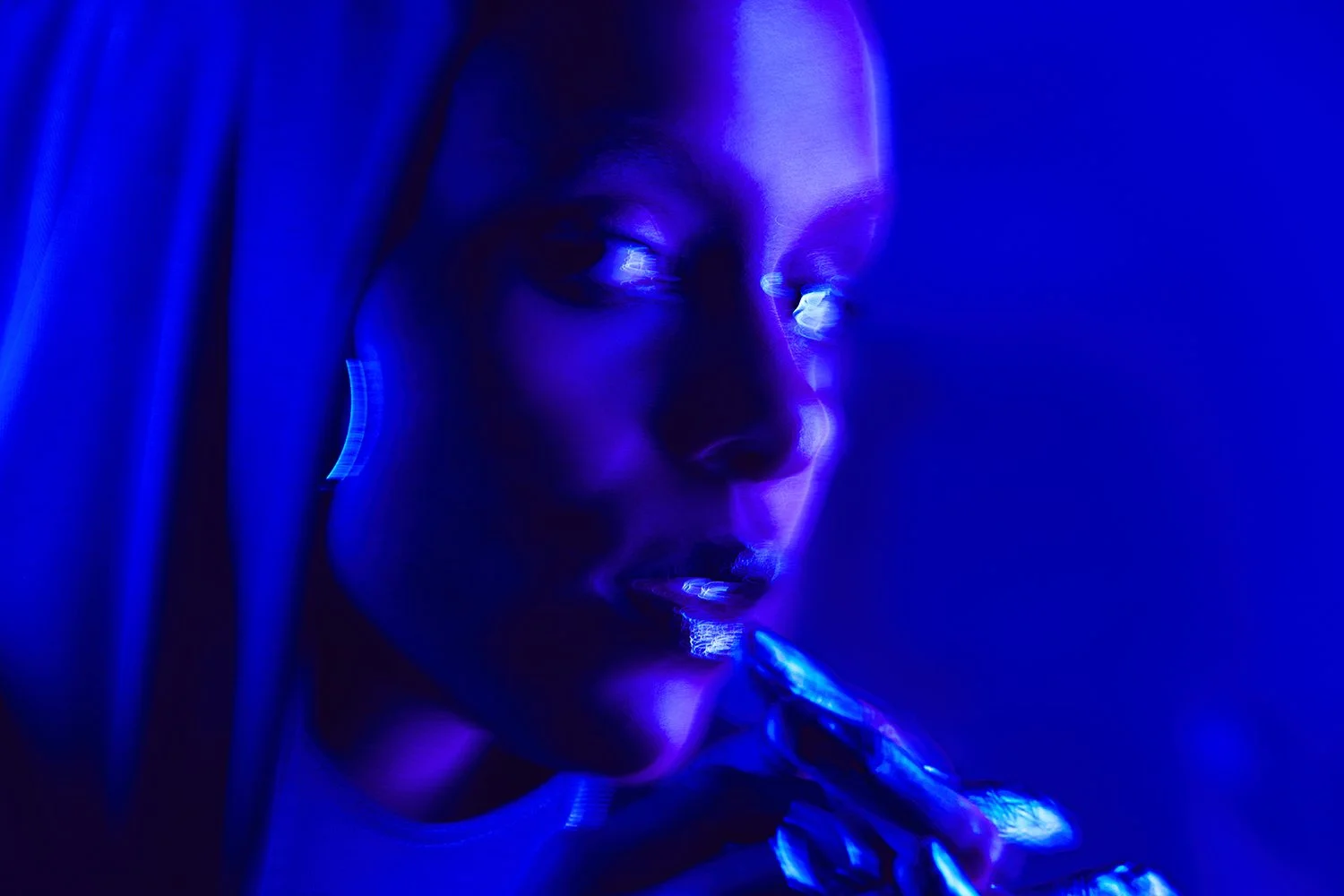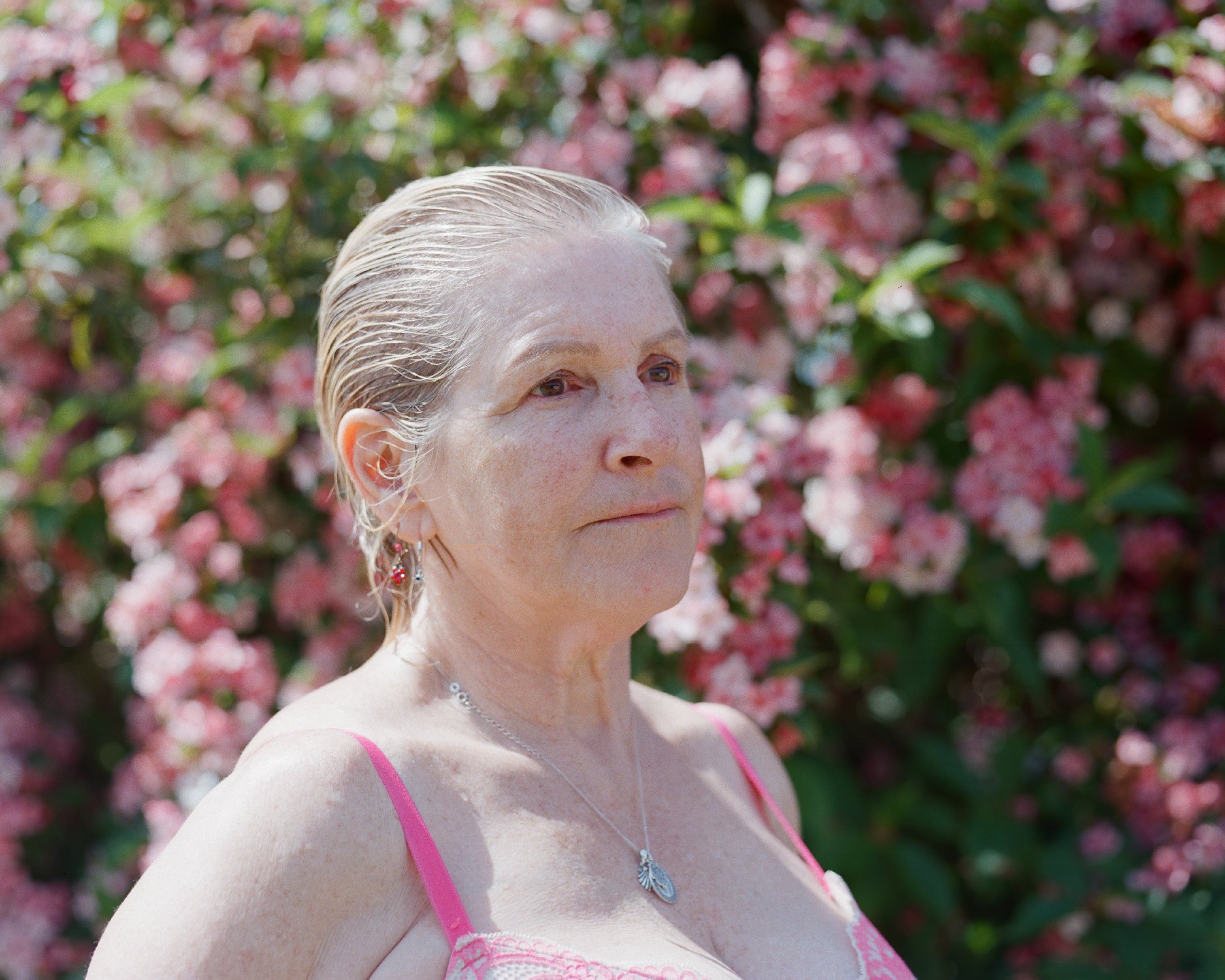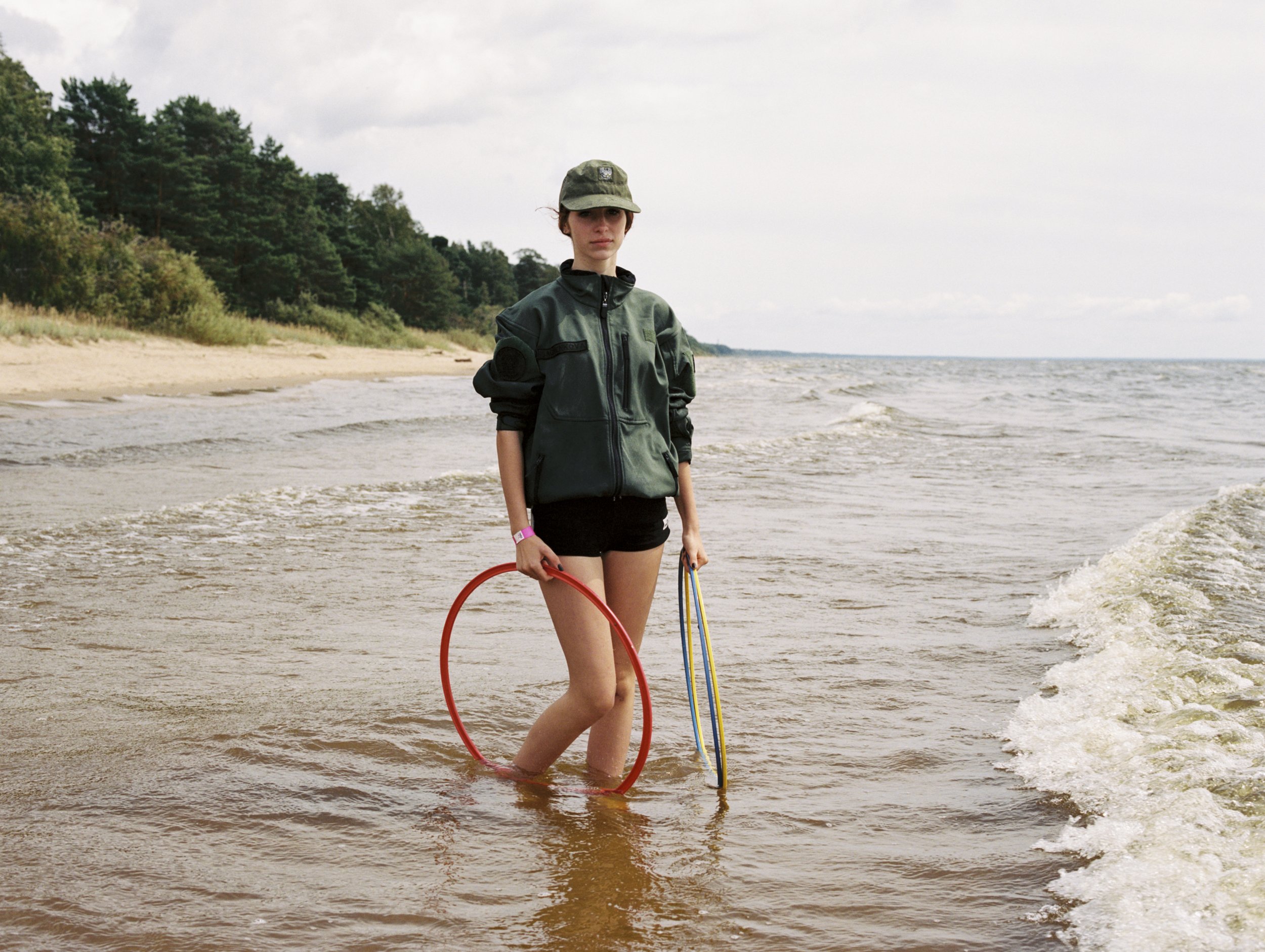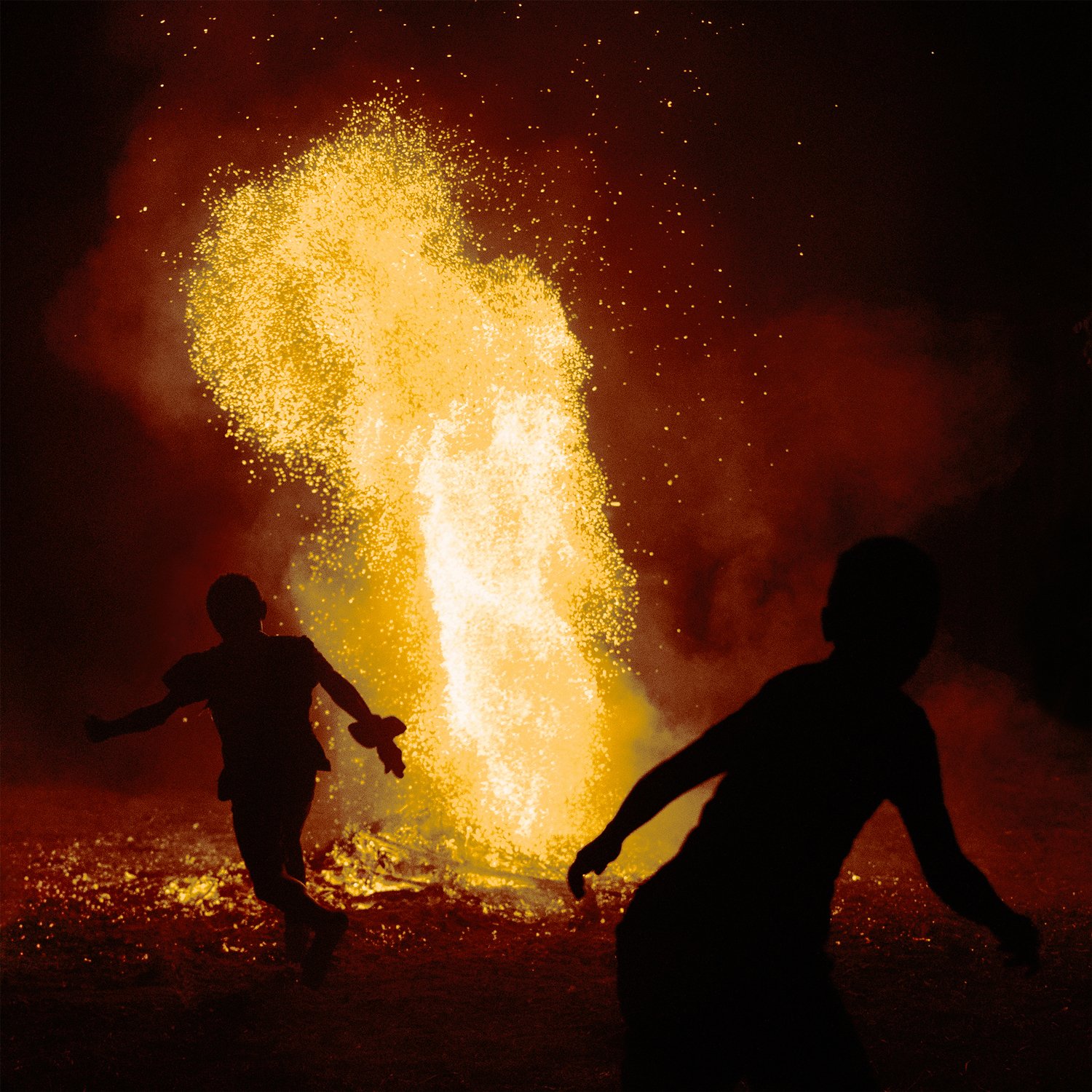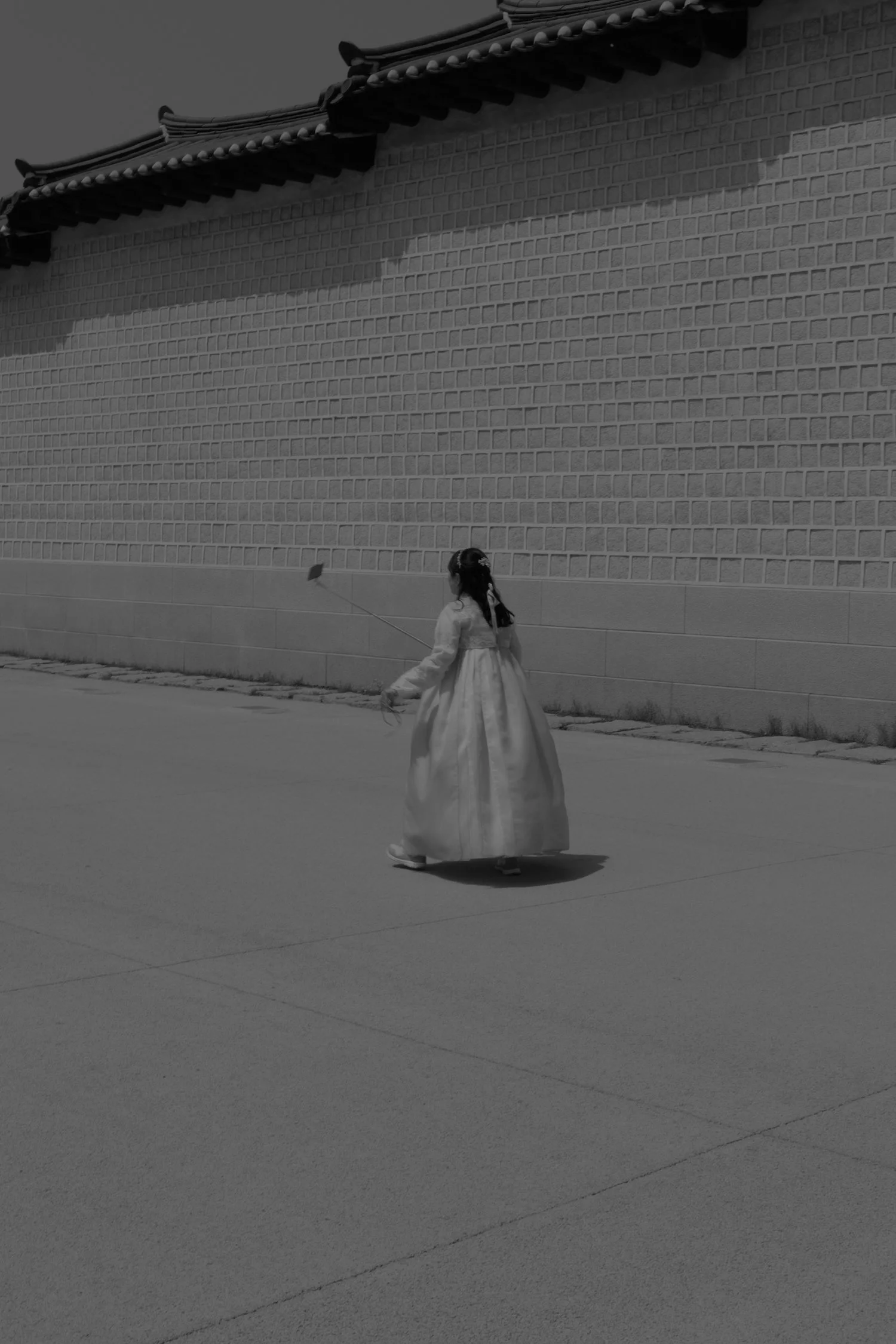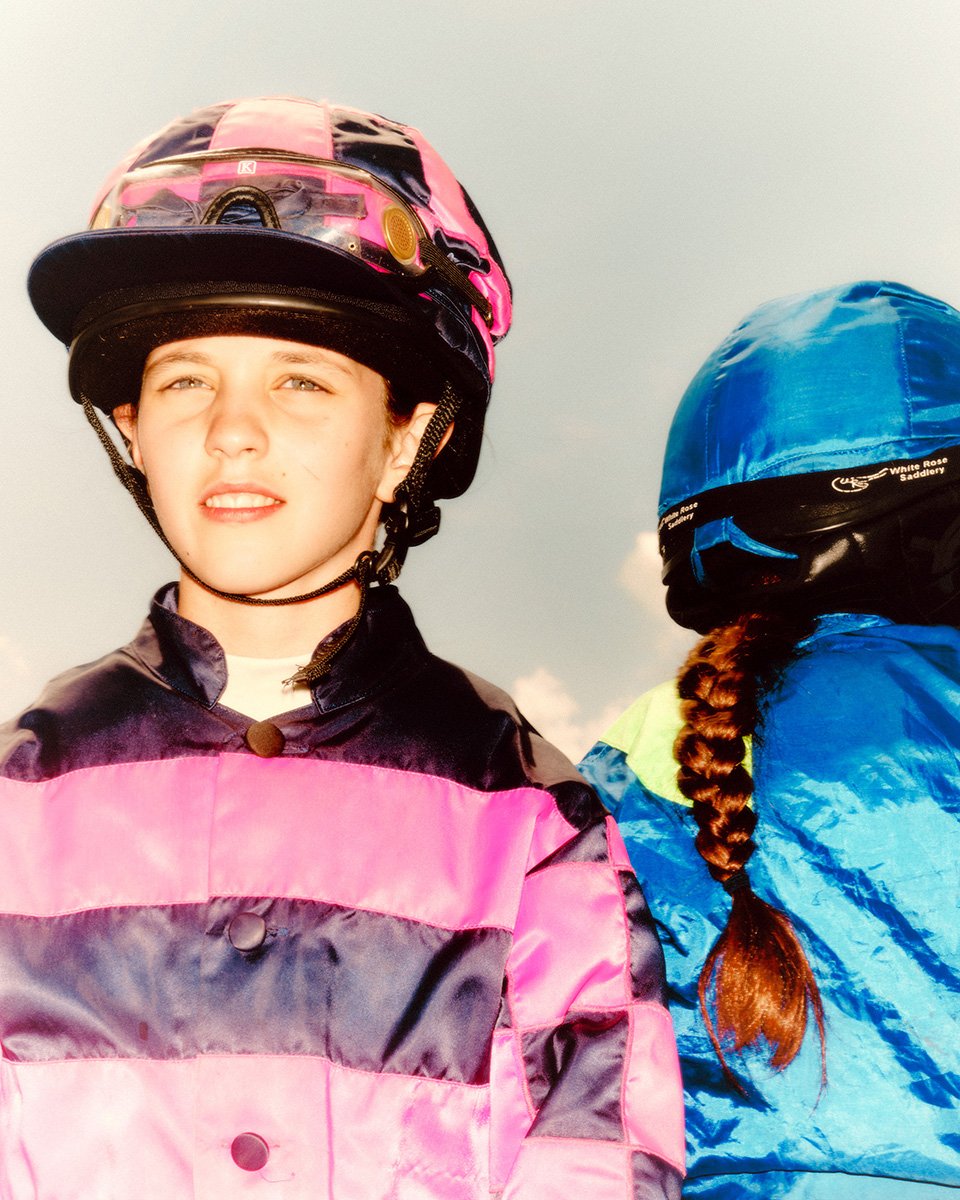Crystal Murray – The Beauty in Evolution
Crystal Murray has seen a lot in her young tenure: touring jazz clubs with her father, founding fashion collective Gucci Gang in Paris, producing music during the Pandemic, as well as releasing her voracious comeback single, ‘Payback’, this year. As we delve into conversation over Zoom, the Parisian artist clambers into the back of a taxi – traversing through her newly-accustomed life in London, a city cultivating her eclectic musical ambitions and greater dreams.
Interview Oliver Corrigan Photography JC Verona Creative Direction Katie Eary Styling Justine Doméjean Make up Tia LouizeJacket - Yiyi Yuan Tights - Stylist’s own
I read in an interview that your first experience of coming to London was memorable, especially in terms of finding influence, identity and sounds to shape your music. Do you still find this sort of influence and attraction to the city to be true for you?
Definitely. The way it opened my eyes on music, on the power of duality, the power of hybridity, of being a black woman and alternative without being judged for it. London is a place for those who come from a lot of different backgrounds and understand that it's OK to be you. Also the club culture that you have here; the sound system culture, Carni, Jamaicans and Nigerians; there's this art of having people from all over the place where people accept it and the music sounds better for it. The respect for music is crazy. They respect every musician, little, small, big, not big – it's crazy to me. You guys really believe in art. It’s something that I was really looking for in Paris because there I was making these visuals, I was making these songs, and there's always a judgement like, “Why are you doing it? Why have you changed? Is the evolution of making something better making you uncomfortable?”. At some point I needed to move, to feel in control again.
I think it's good to have that evolution to who you are, not just the music.
It’s being able to question who you are, because you have a personality but the world around you changes. When I was younger I was very sunny, very nice to everyone. But then you grow up and you see the world and see how people treat you as a black woman in this industry. You start wearing clothes that you like, you start getting your own style, people start sexualizing you. Then people see you as sexy and it's like, “Oh, I wasn't sexy before? What do you mean?” It's a weird world we live in. Between what’s happening politically, the wars that are happening, poverty; everything is making me ask myself a lot of questions on what pop culture wants to give right now.
So you grew up in Paris with a French-Spanish mother and an African American father - your father was a jazz musician who you accompanied on some tours. How did that influence your taste of music? Was this a gateway into your love and passion for music?
Yeah, for sure. My mom was my dad's manager so she was always booking him to go to Japan, to go to Guadalupe and always mixing the African American jazz culture with other cultures because my mom was into world music. I had a very, very interesting childhood. I think my music is the essence of what I grew up in and my voice comes from jazz and my family. Back in the day, my grandma and grandpa were doing music in church, so I think that music is in my blood. The DNA of my voice is very ‘soul’ – it fits with everything I've been living with.
I feel like the more I grew up, the more I became aware of the place I was in. It was really particular because I was living in France but my father didn't speak a word of French, so we were always speaking English at home. My mom is French, but she's super, super Spanish, she’s from the Canary Islands yet speaks fairly poor French. So there was this hybrid-way of living and way of seeing life. I come from a family of people that really understand art and navigate with art: we don't really use words – we use music, we use projects.
“Music which is personal to me but can be taken as a personal awakening for other people.”
Top - Stylist’s own Skirt - Yiyi Yuan Jewellery - Justine Clenquet Shoes - Jordan Luca
Later on, you founded the Gucci Gang group in Paris, colliding fashion with music which seemed a big part of your teenage years. Would you say that fashion is still a big part of your life?
For a long time I’d always say “yes” to this question because I’d always think that fashion was art but the more I’ve grown up and created my artistic direction with Stephy Galvani and created my image - we’re now becoming ‘pirates’ – we’re not feeling with the way of fashion, we don't fit in with what they want. We are not a moment and fashion is a moment. I believe that what we create right now is art and not fashion. Even on ‘Payback’, the way I dress is, kind of, like fashion but we created this silver outfit made with glue paint. We have the vision but I don't think we are fashion. When I think about Gucci Gang and all that, I was kind of following the moment and trend. As an artist now, I believe in my vision and I believe in my art. I don't believe that it's a trend anymore and I believe that it's what I want to do.
Absolutely. And, within that, creating your own way and your own path.
Creating in my own way, for sure.
At what point did you decide to leave Gucci Gang and pursue music as a full-time career?
I was always writing lots of poems, I was always singing. Music has forever been in my life and I was already doing music when I was in this fashion world. It came super naturally to me because I couldn't stand being a ‘head girl’ – I couldn't stand the fact that I needed to wear clothes that I didn't want to wear sometimes. I think I realised that I wasn't in the right place but it made me very mature from a very young age and made me realise, at 17, that this wasn’t what I wanted to do for the rest of my life. I wanted to be a creator. I wanted to be able to create and I believe that music is a tool for me to have the engagement that I want to have.
Dress - Keburia Necklaces - Justine Clenquet
“When I’m on stage, I understand everything that I’ve worked for - all the work, interviews, promo, bad experiences - they all go away when I go on stage because I realise that's where I need to be.”
Bodysuit - Yiyi Yuan Jewellery - Stylist’s own
You then released your debut EP in 2020, I Was Wrong, around the start of the Pandemic. How did it affect this part of your career and how did you evolve through that period?
It was kind of a bad thing for me because it was my first EP and I had my first tour planned - I was really counting on touring because this is how I get to people. Social media is something that’s hard for me. There's been so much going on – people have seen my face, people kind of know me, but they don't really because I'm not famous…I guess I lost a lot of people. And the pandemic? Yeah, it was hard. But when things like this happen in the world, I don’t think about myself. I think the world is a dark place and I believe that there are situations which are really, really bad and, during the Pandemic, a lot of people suffered. So, the way I see it, I was good: I was in my home, I was making music, I was with my family – it wasn't that bad of a time for me. But between the age of 17 and 22, lots of things happened. It's just that I've let people see that evolution. It's a part of my life and also my therapy and it's also the only thing I know. When I’m on stage, I understand everything that I’ve worked for – all the work, interviews, promo, bad experiences - they all go away when I go on stage because I realise that's where I need to be.
Your latest single ‘Payback’ has a really profound message to it, as well as sounding different to the work you've done before. Was there anything in particular which influenced your evolving sound here?
When I wrote ‘Payback’, I wrote it kind of like a love song, based on a broken-heart type of story. It became universal for me. I didn’t want to kick my ex-boyfriend's ass but the whole pressure of ‘women being vulnerable’, ‘women having a broken heart’ - this breakup made me realise how women are pursued in love and sexual relationships, and it fucked me up. But then I was like, “OK, we're all in this world, there’s all of these men pulling the strings here -- fuck that.”
It was really special to have a song like ‘Payback’ come out first - the meaning of it was really important for me, to place myself with a statement. What I'd like it to be is a song that can’t be placed. I want this song to resonate with people in a way that even if I made it in a certain way for a certain subject, I wanted to talk to people. When I think about ‘Payback’, I think so many people can take the word and take the chorus as something personal to them: politically, romantically, between relationships and humans; it can be taken in different ways. I feel like that's what I've been trying to do - music which is personal to me but can be taken as a personal awakening for other people.
Jacket - Yiyi Yuan Tights - Stylist’s own
I read elsewhere that you look to embrace “sensitivity and vulnerability as a source of empowerment” – would you say this is a key theme in your latest work?
Yes, for sure. I'm showing the strongest parts of me right now to be able to explain the vulnerability, as well as the songs which are sadder and more fragile. But to tell my story, and to explain the beginning and the end, I needed to put rage before because rage unlocks everything after: the realisation of, “Why am I mad?”, “Do I want to be mad?”, “How do I take this rage and use it as something helpful for me?”, “How do I become the woman that I want to be?”, “How do I say the things that I want to say?”. This isn’t like a punk album where I'm screaming. There are some very, very, very vulnerable songs but I wanted to show what vulnerability could do first.
I also really like your vocal experimentation – it seems reminiscent of artists like Björk and Beyoncé, or even Kelela’s latest record. Were there any artists that inspired you to experiment in this way?
Sound-wise, I had so many inspirations that helped me through but voice-wise, it became so personal because, when I started music, my voice wasn't like it is now. I used to be able to go super high, super low, and then I broke my voice. On my first tour I had a really bad infection so I lost a lot of highs. But I've worked and I've found this beautiful singing teacher, an opera singer, who helped me find my voice again, find where I need to sing and realise that I actually sing quite low. I came on this personal journey with my voice where I was always trying to sing with my emotions without hurting my voice. It was a big thing for me - it came to a point where my voice was super clear and sometimes too clear, so I had to smoke because I wanted to have that grainy voice. I think with this next album, I'm coming with a grainy voice and I want people to hear my voice and, in a second, know that it's me.
When I was little, it was very interesting to me the way Macy Gracy used to sound in her nose, *impersonates immaculately*, and now I'll listen to SZA but I’ll never be inspired by her voice because it's not my voice. But then you have others like Caroline Polachek and I'm amazed by them, even if it's not my style, and what they do voice-wise. I think it's really cool. I listened to a lot of Cocteau Twins. Very interesting voices, because I don't even know what language they’re speaking - I think they're talking gibberish…
It's hard to figure out sometimes.
I’ve listened to a lot of Jeff Buckley, a lot of Massive Attack. I come from soul, I come from jazz – I had all of these references as a child and then I found my own references and mixed them together which made it even better. I also started listening to the frontwoman of Cocteau Twins – she gives nothing but it's beautiful. So, I’m like, “OK, just chill. Disconnect. You don't need to always sing-sing. You can just chill a little bit.” *laughs*
Bodysuit - Yiyi Yuan Jewellery - Stylist’s own
…and now on the cusp of releasing her latest, boundary-pushing project, Sad Lovers and Giants
I can hear such a mixture of influences right across your latest project: house and garage music in ‘Strangers’ and ‘Eye Candy’; dance-pop in ‘Starmaniak’; R&B and soul in the title track, ‘Sad Lovers and Giants’. Has this diversity in music always been key to your sound and something that you’d continue moving forward?
Yeah, I think it's only about diversity - it's what I am. I'm literally that. I come from a French-Spanish mom (not Spanish but Canary Islands), yet we’re not even Spanish - it’s on the border of Africa. With my family, there’s like 10 women making wine and they're all like blind and just have superpowers. Then my dad's African American. Along with the Blackness of America, we also originally come from Africa but don't know where. Music came from the slave boats, then went to fucking gospel. Then I was born and raised in Paris surrounded by all these white people, and then found that there's a big African diaspora.
I think, with time, I haven't done my best work yet and I think, maybe in a couple of years, I'll have an album and everything will make sense. I believe in time. I believe in music and I’ve chosen the way I wanted to be. I didn't choose to have a ‘banger’ life, you know, like, blow-out bangers and be that bitch. I truly believe in time and in careers. People think I'm old-school - they’re like, “3 minutes, 40 for a single? That's so old-school” and I'm like, “Oh, my God…”
I also think there's a real beauty in evolution - your desire to always evolve and have that diversity in your sound.
Yes, and now I just need to show it to people - that’s the hardest part and it’s going to take a little time.
Crystal Murray will be performing at Rally Festival in Southwark Park on 24th August, as well as We Love Green in Paris on 2nd June.
